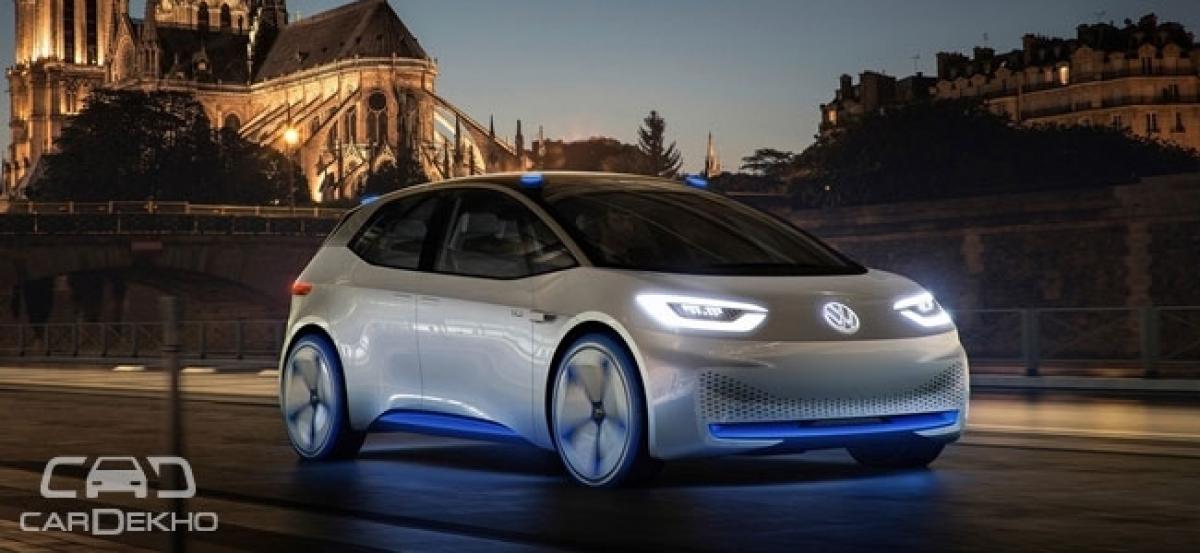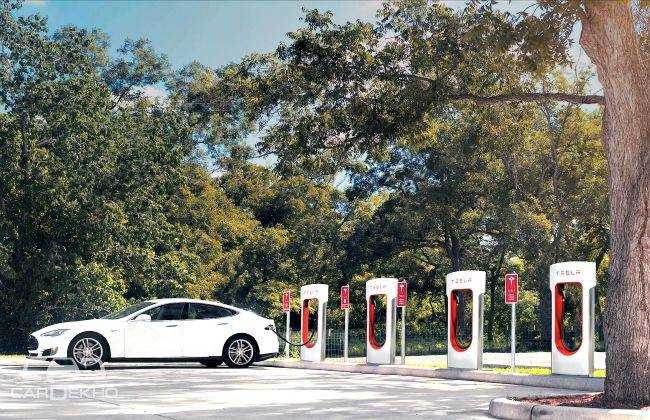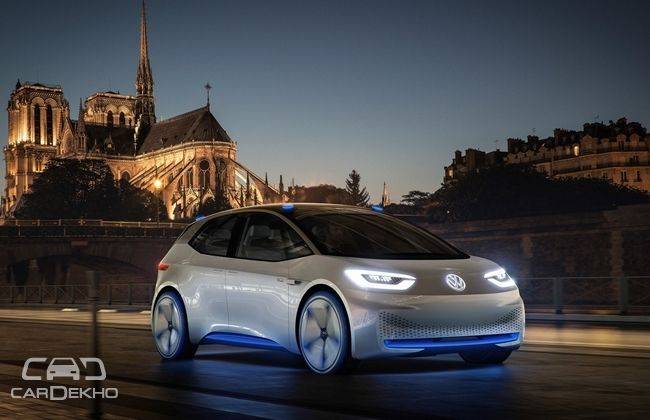Live
- DCA raids unlicensed medical shops, seizes drugs
- Cong-BJP spar over Sidda’s 'horse trading' charge
- Ruckus over arrest of social media activists
- Cops intensify probe
- Uphold prestige of Assembly: Pawan
- Children are nation's future, says Revanth
- SC junks plea to ban WhatsApp
- RRR elected Assembly Dy Speaker unopposed
- Cong wants separate Constitution in J&K
- Modi never read Constitution, hence it is blank for him: Rahul
Just In
Scientific Breakthrough Suggests EVs Can Be Charged In Seconds!


If this research from the University of Surrey and Augmented Optics Ltd in collaboration with the University of Bristol is anything to go by,
The Heart And Soul Of An Electric Car – Batteries – Will Soon Become Inessential With This Supercapacitor Breakthrough.

If this research from the University of Surrey and Augmented Optics Ltd in collaboration with the University of Bristol is anything to go by, batteries will soon become redundant. The team has invented a new material – a polymer – that could be used to make very high energy density supercapacitors. And as supercapacitors charge and discharge quickly, appliances, especially electric cars, using this can be juiced up in just a few seconds.
What are supercapacitors?
Supercapacitors, which store energy using electrodes and electrolytes, are an alternative power source to batteries. However, there’s a catch: they charge as well as deliver energy quickly, while batteries do so in a slower, more sustained manner. Moreover, supercapacitors have the ability to charge and discharge rapidly over a large number of cycles compared to batteries.
Having said this, their usage is limited to whenever a large amount of charge is required instantaneously, and that’s because of their extremely poor energy density per kilogram (approximately just one-twentieth of existing battery tech). So, until now, supercapacitors were not able to match conventional batteries when it came to energy storage and various applications.
How will it affect electric cars?
Electric cars, which have relied on battery power till now, are struggling in two key areas – charging time and limited range – compared to cars powered by fossil fuels. However, with the help of this new supercapacitor, electric cars can be charged completely in the same time that a conventional car requires to refuel. Though they may provide only half the range of an equivalent battery unit, consumers will be able to travel long distance since the vehicles can be charged in a matter of seconds. Also, these supercapacitors are cheaper to manufacture than conventional batteries. Reportedly, a prototype equipped with this supercapacitor as its power source could be in operation as early as next year.

Jim Heathcote, chief executive of Augmented Optics Ltd and Supercapacitor Materials Ltd, said, “It is a privilege to work with the teams from the University of Surrey and the University of Bristol. The test results from the new polymers suggest that extremely high energy density supercapacitors could be constructed in the very new future. We are now actively seeking commercial partners in order to supply our polymers and offer assistance to build these ultra high energy density storage devices.”
Source: cardekho.com

© 2024 Hyderabad Media House Limited/The Hans India. All rights reserved. Powered by hocalwire.com






